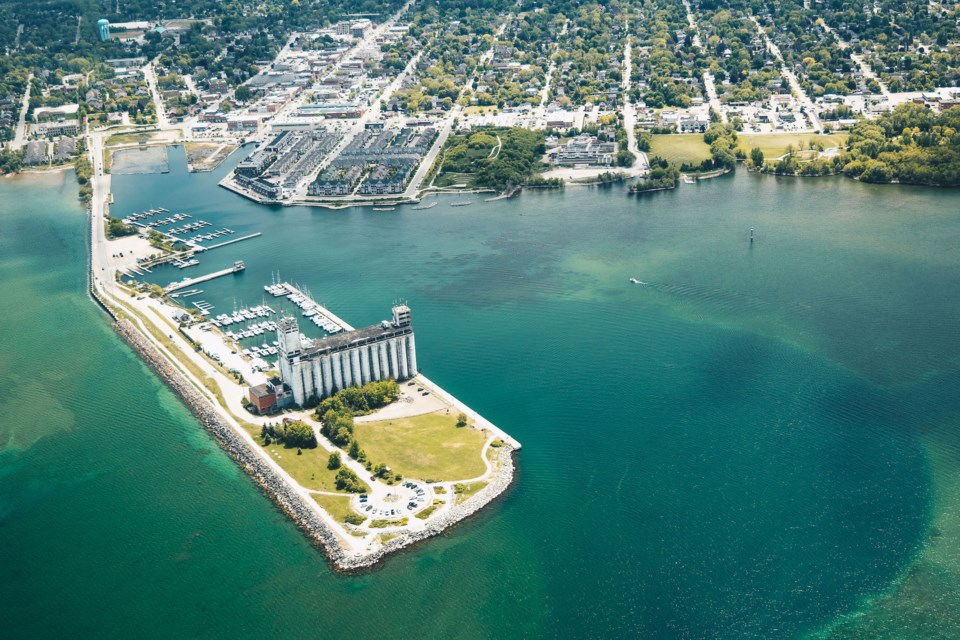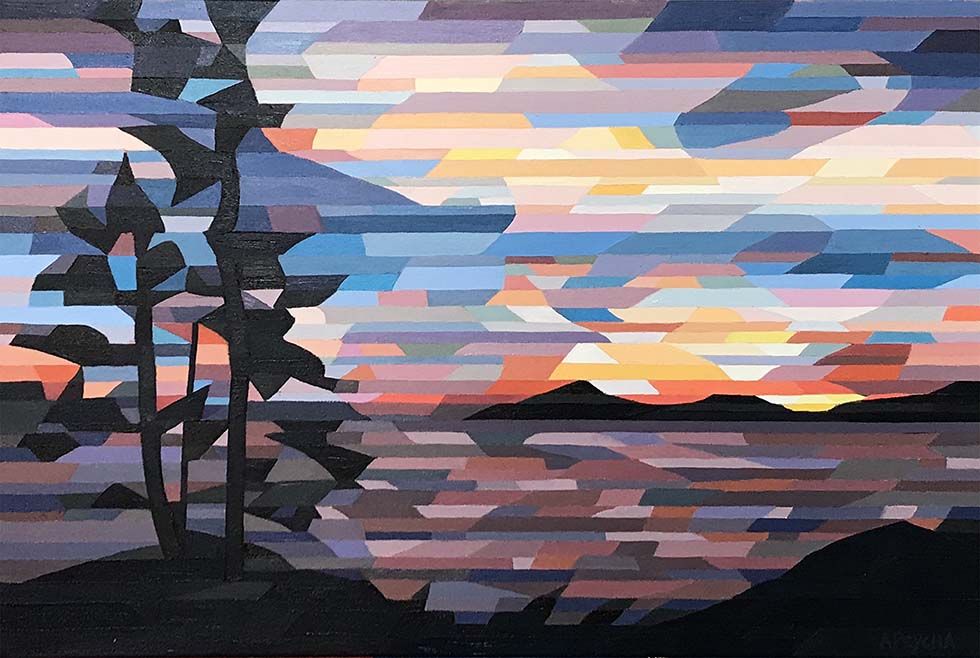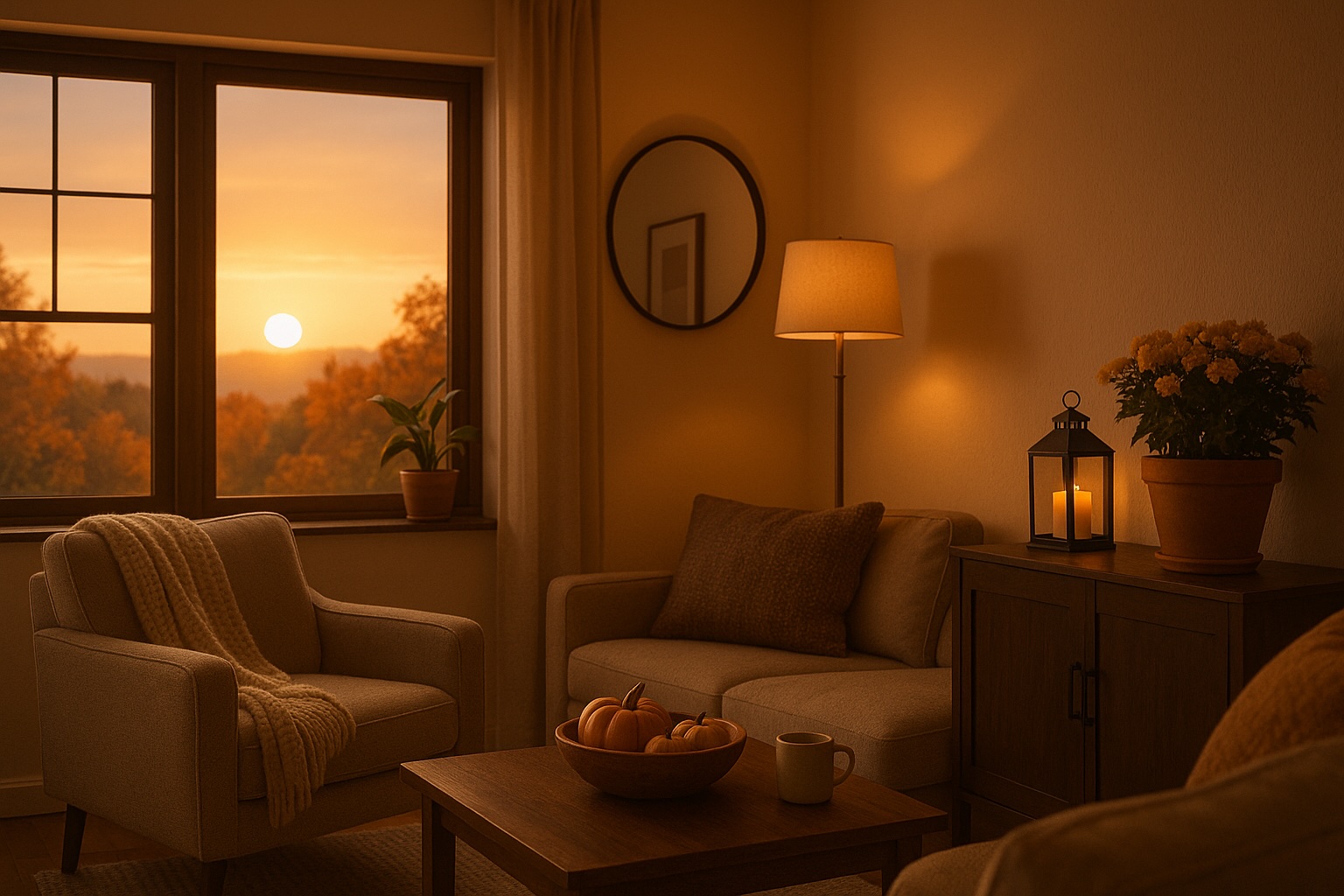Here is an inside look at what’s happening around Southern Georgian Bay when it comes to short-term accommodations (STAs).
As a local realtor, I’ve been getting a lot of questions lately, especially with tourism booming in 2025. Whether you’re a homeowner considering listing your property or a visitor dreaming of a cozy chalet getaway, it’s important to understand the current rules and landscape in Collingwood, Blue Mountains, and beyond. (Heads-up: regulations can change, so always double-check with your local municipality.)
The Big Picture: Why It Matters
Short-term accommodations like Airbnb have reshaped our region, boosting local businesses but also raising concerns about housing affordability, neighborhood character, and safety. In response, many municipalities have introduced licensing programs to strike a balance between welcoming visitors and protecting community interests.
Key focus areas: safety standards, tax compliance, and limits to prevent “ghost hotel” situations.
Collingwood: Licensed, with Limits
Collingwood’s Short-Term Accommodation (STA) Licensing Program launched in early 2024 and is fully in place for 2025. Here’s what you should know:
- License Cap: Up to 200 licenses, prioritizing owner-occupied homes (you must live there full-time).
- Requirements: Fire safety inspections, proof of insurance, and a $500 fee. Investment-only properties aren’t eligible to help preserve long-term housing.
- Operational Rules: Max 10 guests, enforced quiet hours, and a demerit system for complaints (noise, parking, etc.). Fines start at $500.
- Taxes: 4% Municipal Accommodation Tax (MAT) + HST, typically collected through platforms like Airbnb. If you’re interested in hosting, apply early, licenses fill up fast.
Blue Mountains: Zoning Counts
Blue Mountains has its own set of firm but clear rules:
- Licensing: Required for rentals under 30 days. Not all zones allow STAs (for example, low-density residential areas are excluded).
- Costs & Documents: $80 pre-screening, annual renewal, site and floor plans, parking details, and $2M liability insurance. Maximum occupancy is two people per bedroom, plus two extra.
- Enforcement: $2,500 fines for operating without a license. Noise bylaws and responsible operator agreements help curb party houses.
- Taxes: Same MAT and HST apply, and income must be reported provincially and federally.
Georgian Bay Township & Surrounding Areas
Other nearby regions follow similar frameworks:
- Georgian Bay Township: Light use (up to 21 days/year) costs $250; heavy use is $1,000. Expect building code checks, septic inspections, and a local contact requirement.
- Wasaga Beach, Clearview, Tiny Township: Focus on safety, principal residence requirements, and permits for commercial operations. Federal/provincial tax rules kick in over $30K/year.
Weighing the Pros and Cons
Pros: STAs can generate $20K+ in a strong season and help support local businesses.
Cons: Rising fees, operational restrictions, and ongoing debates about housing impacts.
My advice: Talk to a knowledgeable realtor (I’m always here to help) to understand property eligibility and local rules. Tools like AirDNA can provide market insights, and if you’re a guest, booking licensed properties ensures a smoother, more responsible stay.






No responses yet